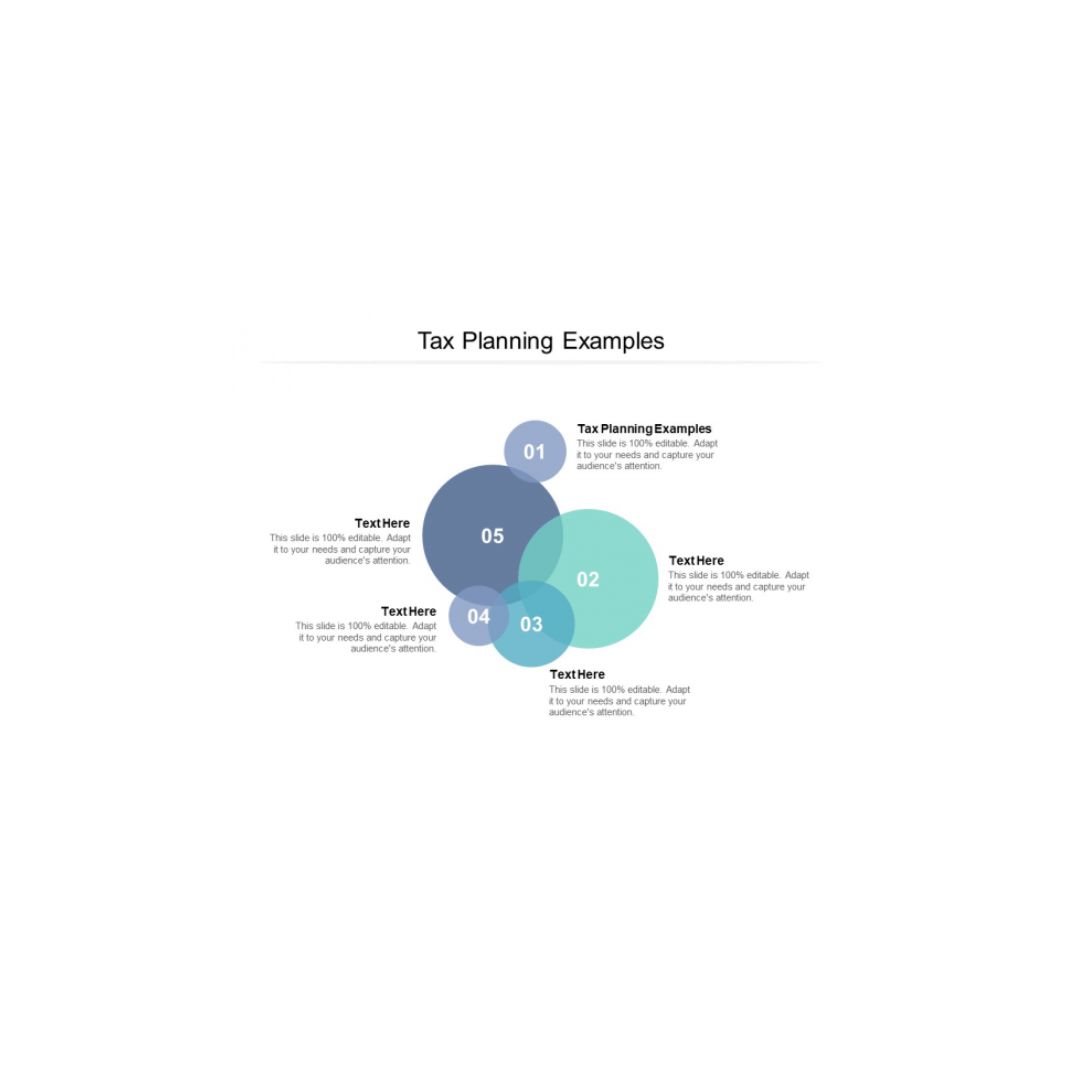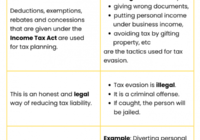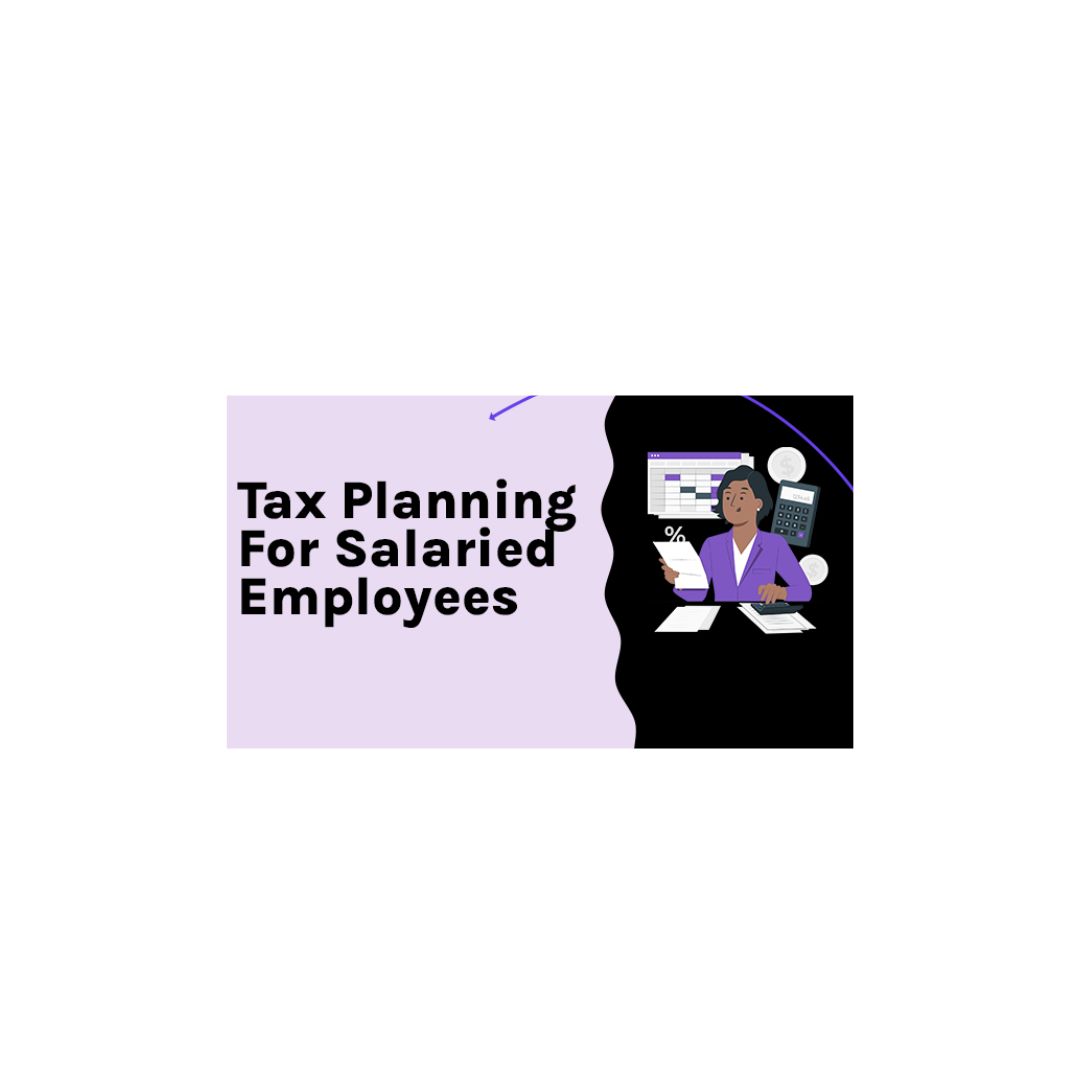Bookkeeping without Quickbooks?
Bookkeeping without QuickBooks Bookkeeping without QuickBooks is possible to accomplish bookkeeping tasks without relying on QuickBooks or any other accounting software.. While QuickBook is a popular and widely used tool for bookkeeping and accounting, it is not the only option available. Here are some alternatives to QuickBooks for manual bookkeeping: 1. Spreadsheets: You can… Read More »









